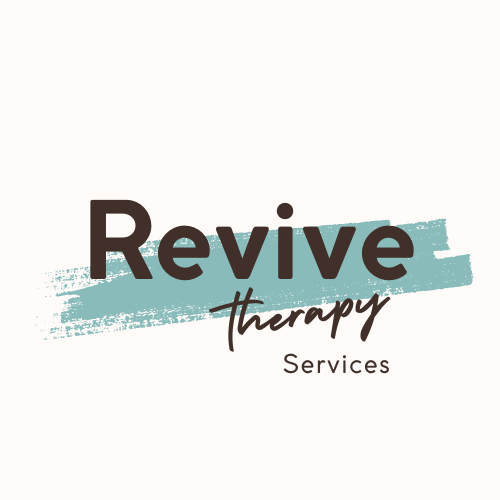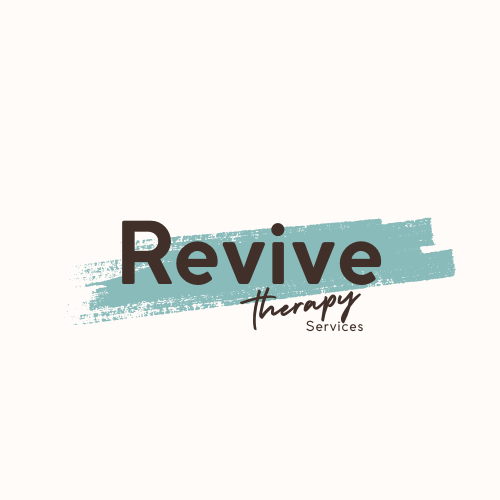Building Emotional Strength: Tools and Techniques for Nurturing Mental Health Post-Medical Trauma
Recovering from medical trauma is a journey that involves not only physical healing but also nurturing your mental health. The emotional impact of medical trauma can be significant, and it's essential to prioritize your emotional well-being during the healing process. At Revive Therapy in Philadelphia, PA, we understand the importance of building emotional strength after medical trauma. In this blog post, we'll explore various tools and techniques that can help you nurture your mental health and enhance your overall well-being. Remember, you're not alone in this journey, and we're here to support you every step of the way.
Practice Self-Compassion:
After experiencing medical trauma, it's common to be hard on yourself or blame yourself for the situation. However, practicing self-compassion is crucial for nurturing your mental health. Treat yourself with kindness and understanding, just as you would treat a close friend. Be gentle with yourself, acknowledging that you did not cause the trauma. Offer yourself words of comfort and reassurance during difficult moments, and remind yourself that you're doing the best you can.
Seek Professional Help Through Therapy for Medical Trauma:
Don't hesitate to seek professional help when needed. Therapists or counselors who specialize in trauma can provide valuable support and guidance. They can help you process your emotions, develop coping strategies, and navigate the challenges that arise from medical trauma. Therapy can provide a safe and non-judgmental space for you to explore your feelings, gain insights, and work towards healing.
Engage in Emotional Release:
Emotional release techniques can help you process and release pent-up emotions. Find healthy outlets for your emotions, such as journaling, art, or engaging in physical activities like running or dancing. Allow yourself to express your feelings in a way that feels comfortable and natural to you. The act of releasing emotions can be cathartic and help reduce emotional tension.
Practice Mindfulness:
Mindfulness is a powerful tool for nurturing mental health. It involves being fully present at the moment, without judgment. Mindfulness can help reduce anxiety, increase self-awareness, and improve overall well-being. Incorporate mindfulness into your daily routine by engaging in activities such as mindful breathing, body scans, or mindful eating. Take time to notice the sensations, thoughts, and emotions that arise within you without trying to change or judge them.
Build a Support Network:
Building a support network is crucial for nurturing your mental health after medical trauma. Surround yourself with people who are understanding, empathetic, and supportive. Share your feelings and experiences with trusted friends or family members who can provide a listening ear and offer comfort. Additionally, consider joining support groups or seeking online communities where you can connect with others who have gone through similar experiences. Knowing that you're not alone can provide immense comfort and strength.
Engage in Relaxation Techniques:
Relaxation techniques can help reduce stress and promote emotional well-being. Explore various techniques such as deep breathing exercises, progressive muscle relaxation, or guided imagery. Find what works best for you and incorporate relaxation practices into your daily routine. Engaging in relaxation techniques regularly can help you manage stress, improve sleep quality, and enhance your overall mental state.
Set Boundaries:
Setting boundaries is essential for protecting your mental health and managing your energy post-medical trauma. Learn to recognize your limits and communicate your needs to others. Don't hesitate to say no when you feel overwhelmed or need time for yourself. Prioritize self-care and allocate time for activities that recharge and rejuvenate you. By setting boundaries, you create a space for yourself to heal and recover.
Cultivate Gratitude:
Practicing gratitude can have a significant impact on your mental health. Take time each day to reflect on things you're grateful for, no matter how small. It could be a supportive friend, a beautiful sunset, or a moment of laughter. Cultivating gratitude helps shift your focus towards the positive aspects of your life, fostering a sense of well-being and resilience.
Nurture Your Mental Health and Well Being With the Help of Therapy for Medical Trauma in Philadelphia, PA
Nurturing your mental health after medical trauma is essential for your overall well-being. Take the first step towards building emotional strength by practicing self-compassion, seeking professional help, engaging in emotional release, practicing mindfulness, building a support network, utilizing relaxation techniques, setting boundaries, and cultivating gratitude. At Revive Therapy in Philadelphia, PA, we understand the challenges you face, and we're here to support you every step of the way. Reach out to us to explore how our compassionate team can assist you on your journey to healing and growth. Remember, you're not alone. Together, we can nurture your mental health and build emotional resilience after medical trauma. Contact us today and prioritize your mental well-being.
Follow the steps below to get started on your own healing path.
Read Our FAQ to answer any questions you may have.
Reach out via our convenient online contact form
Begin your journey to healing
Other Services at Revive Therapy
Getting therapy support is perfectly OK! You deserve a space to talk through life events that may be holding you back. Whether this is your first time in therapy or you’ve been here before, I am here to help you process, work through, and move toward your goals in a healthy and sustainable way. If you’re looking for other services at Revive Therapy in Pennsylvania, I offer other services. This includes Eating disorder treatment, body image issues, binge eating, and more. I offer support with EMDR therapy if you’re in need of more specialized support. Additionally, all services are offered via online therapy in Pennsylvania. When you’re ready for support. Call now!


